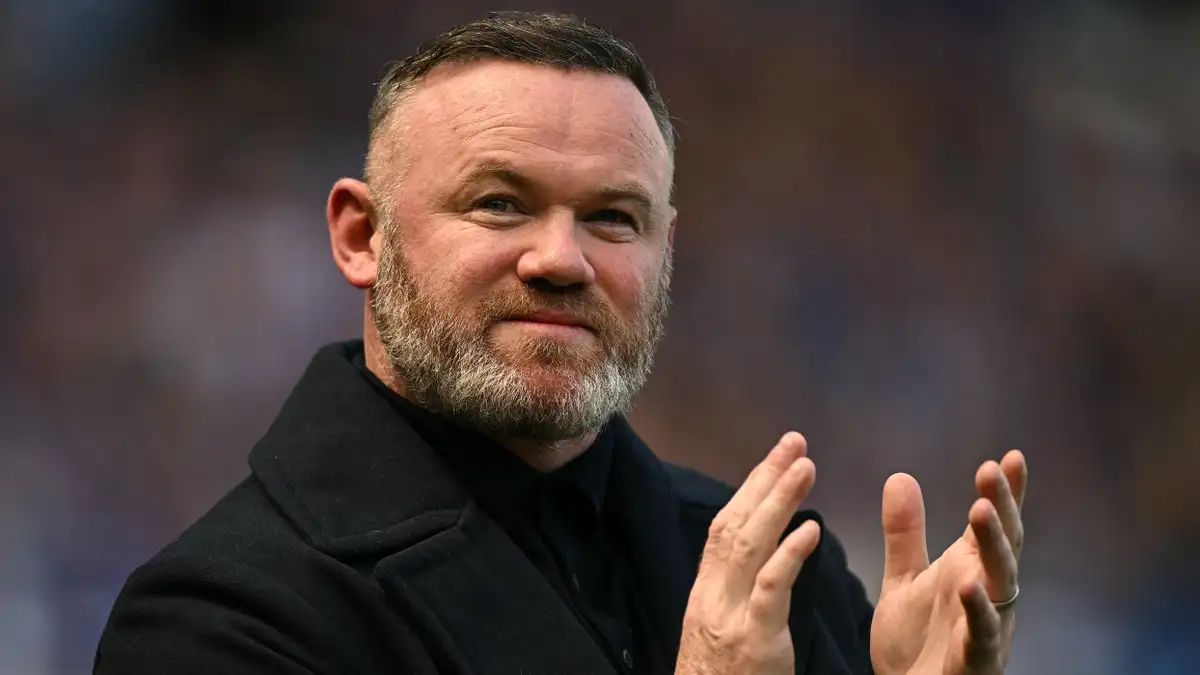
Wayne Rooney Slams Critics Who Claim He Is ‘Uneducated’
Former Manchester United Captain Reveals ‘Conscious Effort’ to Learn During Everton and United Days
Wayne Rooney has never been one to shy away from a challenge — whether it’s a crunching tackle, a long-range strike, or the glare of media scrutiny. But in the first episode of his new BBC series, The Wayne Rooney Show, England’s all-time top scorer turned his attention to a different kind of battle: shaking off the long-standing perception that he’s “uneducated.”
For Rooney, the label has followed him for years, almost as persistently as defenders once did. Yet, as he revealed on the show, the reality is far from the lazy stereotype. From his teenage years at Everton to his trophy-laden stint at Manchester United, Rooney says he has worked — quietly but deliberately — to broaden his knowledge and connect with teammates from all walks of life.
Early Stardom, Early Exit from School
To understand where this misconception comes from, you have to rewind to Rooney’s teenage years. Born in Croxteth, Liverpool, Rooney was already a prodigy by his mid-teens. At 16, when most kids are stressing over GCSEs, he was on the brink of Premier League football.
In April 2002, as a wiry teenager still in school uniform during the week, he was named in Everton’s matchday squad for the first time. Within months, he was scoring that goal against Arsenal — the one that announced him to the world. But the flip side was that his education, in the traditional classroom sense, came to an abrupt halt.
“I didn’t even take GCSEs. I didn’t sit any,” Rooney admits on the programme. “People assume, because of that, that I’m not educated, which I think is really wrong.”
Learning on His Own Terms
Instead of textbooks and exams, Rooney’s education came through a different route — one he deliberately carved out for himself.
“When I was at Everton and then joined Manchester United, I made a conscious effort to educate myself on a lot of different things,” he says. “Black history, religion — the reason I’ve done that was I wanted to be able to hold conversations with my teammates who are maybe from different backgrounds.”
This wasn’t some PR move or a box-ticking exercise. It was about survival in a dressing room full of global personalities. When you’re 18 and sitting next to a World Cup winner from South America or a Champions League veteran from Africa, you quickly realise that understanding their world can build bonds as strong as any training session.
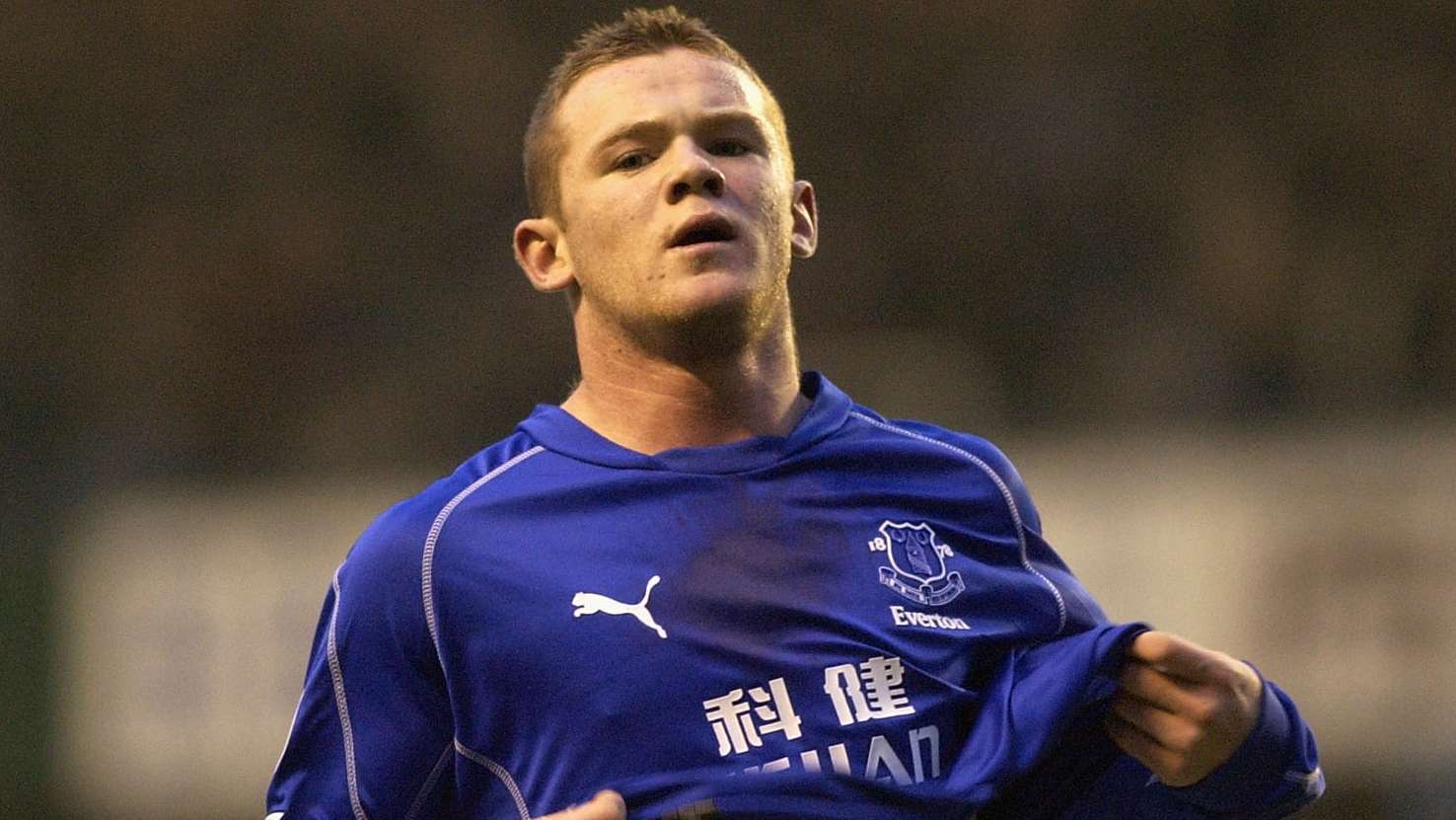
Rooney celebrates scoring
Why It Mattered in the Dressing Room
Football squads are melting pots. At United, Rooney shared the pitch with players from Serbia, South Korea, Argentina, France, and beyond. Understanding different cultures wasn’t just a nice-to-have — it was a way of building trust.
“Obviously over the last years it’s come out more that people should educate themselves more,” Rooney says. “That’s something I’d done to help me with my teammates and understand how they’ve been brought up, what life they’ve been brought up on.”
For someone so often painted as a “street footballer” with raw talent, this level of self-awareness is not what his detractors would expect. And maybe that’s the point — Rooney has always been more thoughtful than the caricatures suggest.
The Tattoo and the Truth
Ironically, one of Rooney’s tattoos may have helped fuel the myth. On his arm, he has the words Just Enough Education to Perform. It sounds like a defiant badge of anti-academic pride — but in reality, it’s a nod to his favourite band, Stereophonics, whose 2001 album carried the same name.
The story goes that as a wedding gift in 2008, Rooney’s wife, Coleen, arranged for the band to perform at their reception. It was a personal touch, but it also cemented the public image of Rooney as someone who wears his lack of formal schooling on his sleeve — literally.
Breaking the Stereotype
In football, talent often outweighs academic credentials. Rooney’s career — almost 900 professional appearances, more than 300 goals, a Premier League legend — is proof that you can reach the top without a string of exam passes. But the man himself is keen to point out that “not going to school” doesn’t mean “not learning.”
It’s also about challenging the assumption that footballers exist in a bubble. In Rooney’s case, he actively sought out knowledge that had nothing to do with tactics or fitness drills. His aim wasn’t just personal growth but also empathy — a quality that often gets lost in the cut-throat world of elite sport.
Life After Football
Since hanging up his boots, Rooney has had mixed fortunes in management. Brief spells at Birmingham City and Plymouth Argyle ended without long-term success. Eight months on from his last club job, he remains interested in returning to the dugout, but he’s also found a new rhythm in media work.
He’s become a regular on The Overlap, the Gary Neville-led platform where former pros speak candidly about the game. And now, with The Wayne Rooney Show airing on the BBC, he’s showing a more reflective side — one that goes beyond the headlines about wonder goals or red cards.
A Lesson Beyond Football
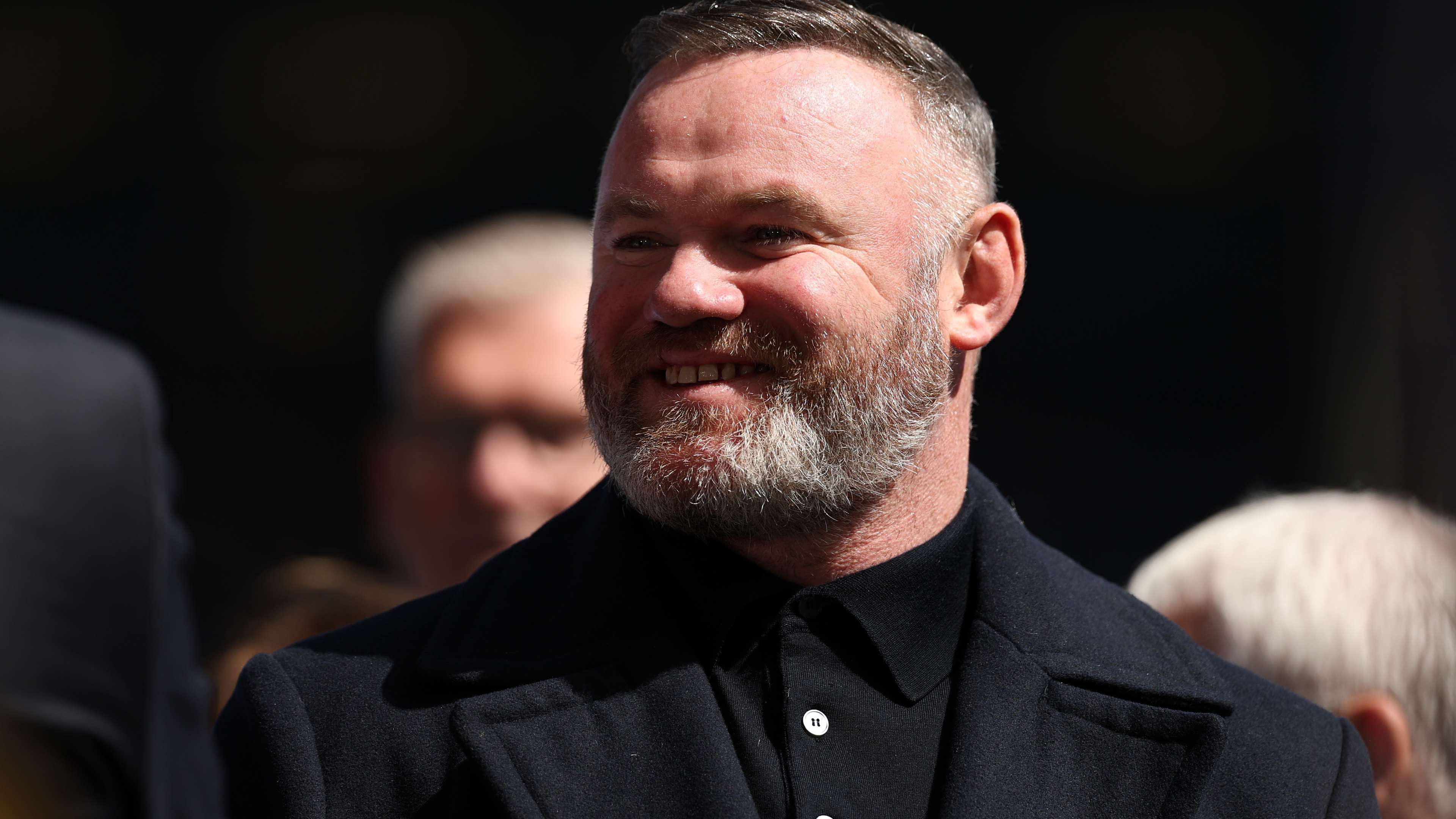
Everton FC v Southampton FC – Premier League
What Rooney’s story underscores is that education isn’t one-size-fits-all. For some, it comes through school and university. For others, it’s the result of lived experience, curiosity, and the desire to connect with people.
In Rooney’s case, the classroom was replaced by the dressing room, the away coach, and the countless conversations with people from every corner of the globe. Whether discussing religion with a teammate or learning about a culture before visiting their home country on tour, he found ways to broaden his perspective.
What Comes Next
As he settles into this new phase of his career, Rooney seems more comfortable addressing misconceptions than ever before. He’s not out to rewrite history — he’s still the fiery competitor who once chased down 60-yard back-passes — but he is determined to show there’s more to his story than raw talent and a boyhood rise to fame.
And perhaps that’s the takeaway for those who’ve doubted him: intelligence comes in many forms, and sometimes, the smartest thing you can do is keep learning long after the school bell has stopped ringing.

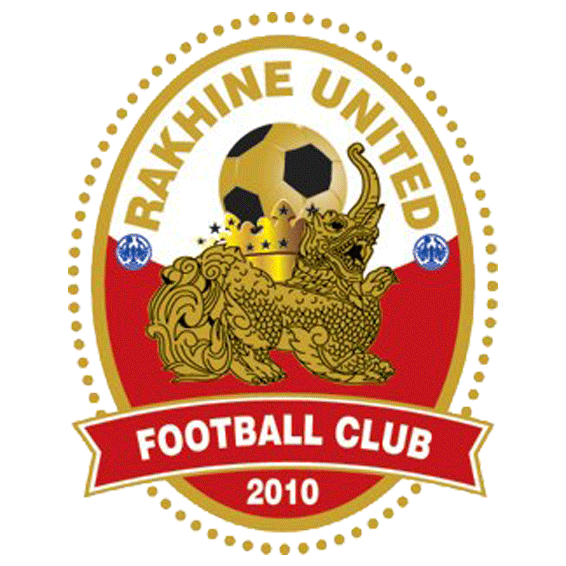













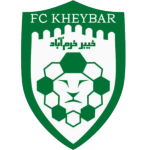


























There are no comments yet. Be the first to comment!